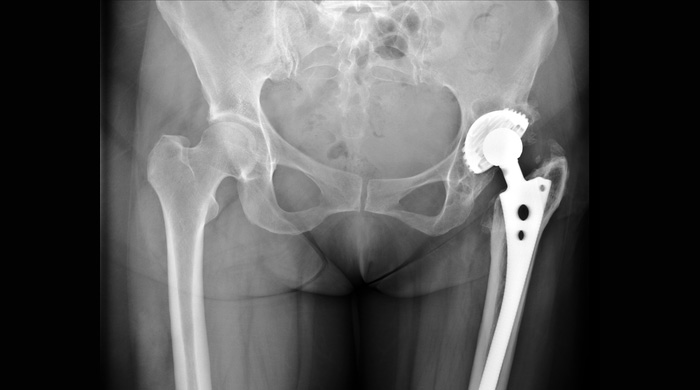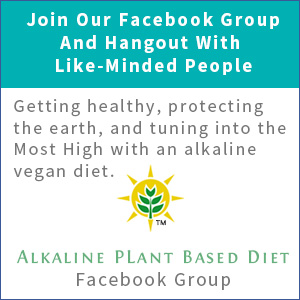A Reason Why Milk Consumption Makes Weaker Bones – Galactose

Studies have shown that hip fractures, an indication of weakened bones, is highest in countries where people consume a lot of milk. Shouldn’t this be that other way around since milk contains a lot of calcium and calcium is supposed to make bones stronger?
Studies have shown that the greater consumption of milk also contributes to peak bone mass in earlier years of life. But, study after study has shown a higher rate of risk of hip fracture and osteoporosis with the greater consumption of milk. So why the weaker bones?
Researchers started from the point of examining the effects of galactosemia, which is a rare birth defect. People who have galactosemia are born without the enzyme needed to detoxify the galactose in milk, which causes bone loss.[1]
Scientists found that even with people who do have this enzyme, the heavy consumption of milk and its galactose overwhelms the protection the enzyme is able to offer and this leads to bone loss.
Aside from causing bone loss, D-galactose also causes premature aging. Scientists use D-galactose in laboratory experiments to shorten the live of rats by causing chronic inflammation, a weakened immune system, brain degeneration, and oxidative stress.
Since D-galactose intake can shorten the lifespan of rats researchers also analyzed the effects of milk consumption on increased mortality as well as on hip fractures.
The researchers found that woman who drank cow’s milk had higher rates of death, heart disease, cancer, and bone and hip fractures.[2]
Men who consumed cow’s milk had higher rates of death, but they didn’t have higher rates of bone and hip fractures.
The same result wasn’t true for the consumption of soured milk and yogurt. The consumption of soured milk and yogurt wasn’t associated with increased risk of death or hip fractures.
This actually supported the D-galactose theory because the bacteria in soured milk and yogurt can ferment some of the galactose, reducing the amount of galactose that is consumed.
[2] K Michaelsson, A Wolk, S Langenskiold, S Basu, Warensjo Lemming, H Melhus, L Byberg. Milk intake and risk of mortality and fractures in women and men: cohort studies. BMJ. 2014 Oct 28;349:g6015.







